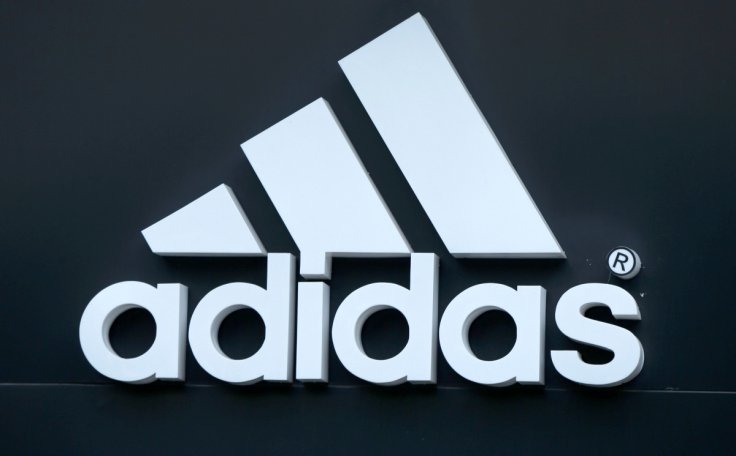In quest of making the wearable technology a part of our everyday life, Google's ATAP has reportedly teamed up with the luxury sports product manufacturer Adidas and video game developer EA Sports.
While announcing the partnership via Twitter, Google ATAP has also teased to unleash something new from the wearable technology-powered product on March 10. Though Google stayed tight-lipped about the upcoming product, the press invitation mentioned the forthcoming release would be a "GMR product that connects real and virtual football."
'Play Connected' tip hints the upcoming smart product
With a tagline reading "Play Connected", the tip hints the upcoming smart product would be a piece of intelligent clothing which would somehow connect EA's famous gaming franchisee FIFA and real-life football skill of a person. Alike the previous Google ATAP products, the upcoming product too would come powered by Google's Jacquard sensors embedded in Adidas range of clothes.
For the uninitiated, Google ATAP has already launched many Jacquard powered smart clothing and bags with a variety of offerings. The idea behind making such a range of apparel is to offer the consumer a plethora of device controls directly via their clothing through natural gestures and taps.
Levi's Sherpa jacket embeds a Jacquard sensor on its sleeve

For instance, Levi's Sherpa jacket, which embeds a Jacquard sensor on its sleeve, let you play, pause, or navigate through your music tracks, or get live traffic updates through simple swipes. In 2019, Luxury brand Yves Saint Laurent (YSL) launched a $995 backpack dubbed Cit-e with smart straps which could get controlled by simple touches and taps.
However, the most significant achievement by Google ATAP is Project Soli, a radar-based chipset, capable of offering gesture controls. The latest Google Pixel 4 smartphone embeds Project Soli chipset offers device controls via simple air gestures.
The reason for integrating a radar-based control instead of a camera is that Project Soli could respond to gestures from seven meters away or when the phone is kept face-down. However, the Project Soli causes primary battery draining issue in Pixel 4 smartphones. Google is expected to fix the problem soon.









